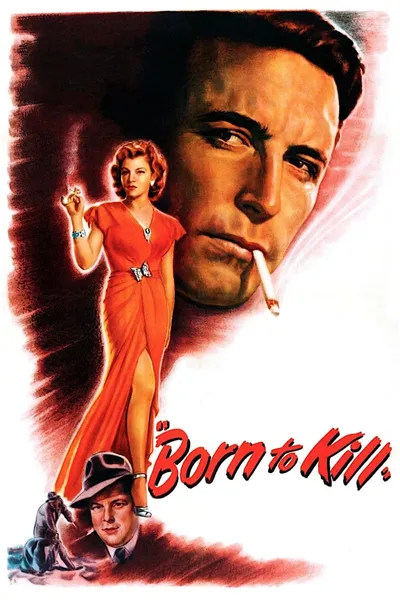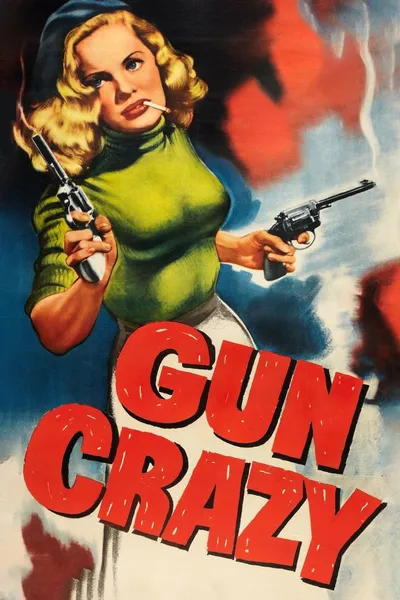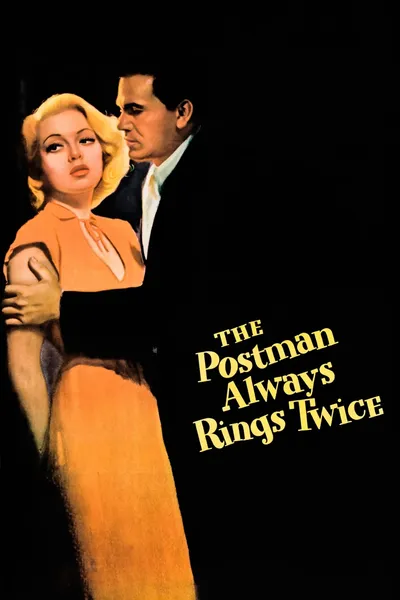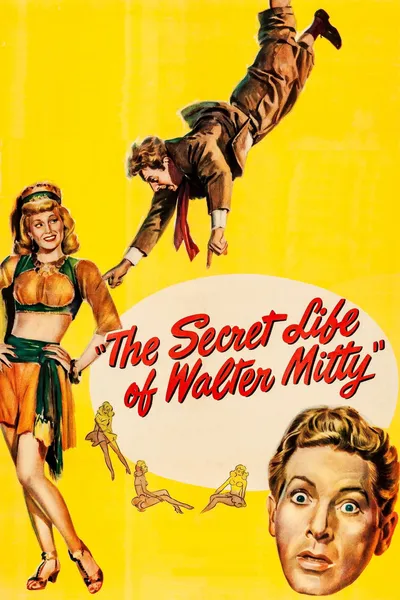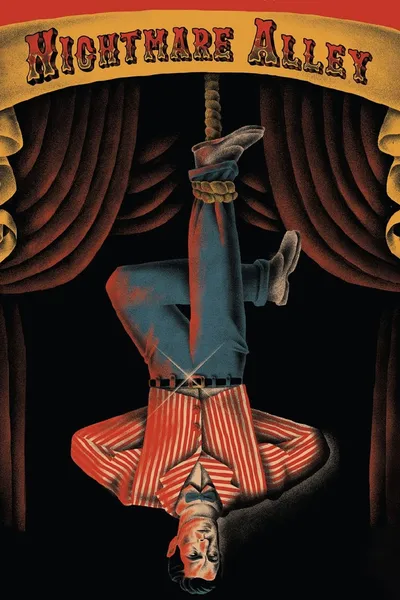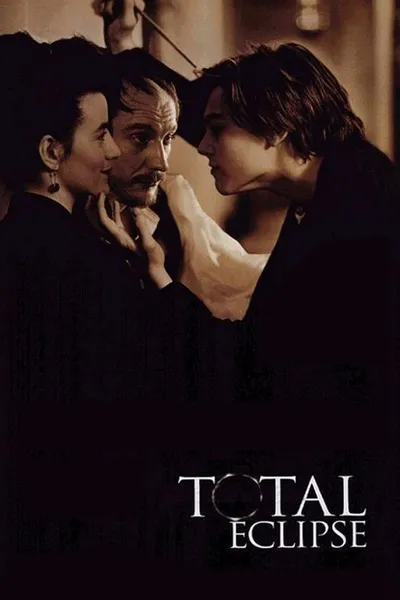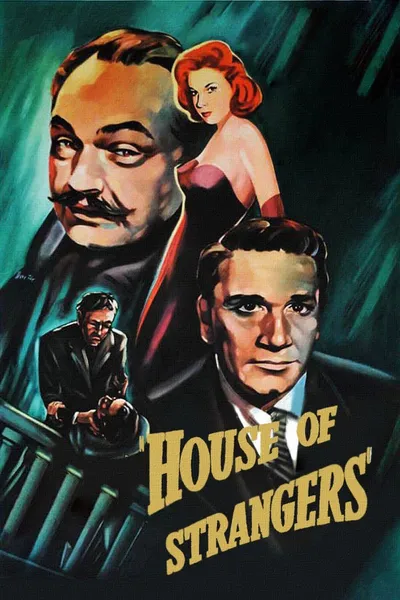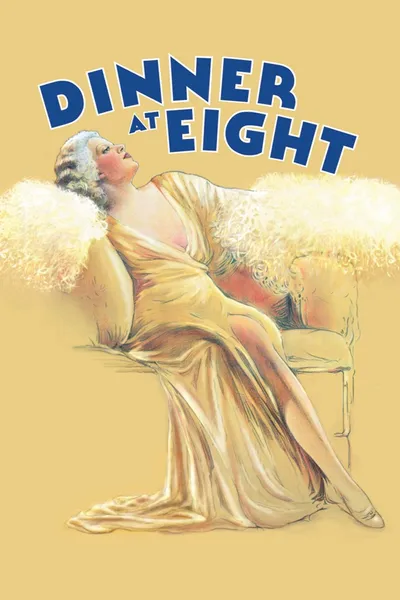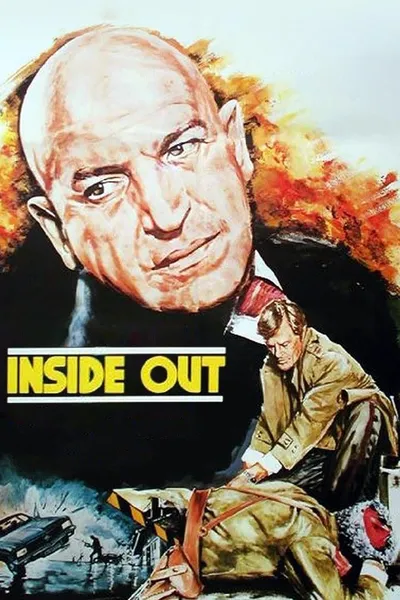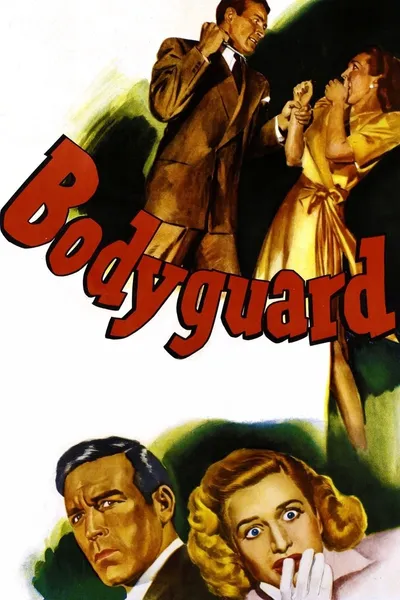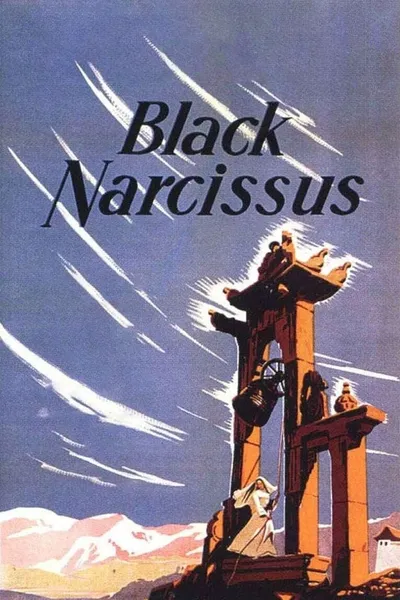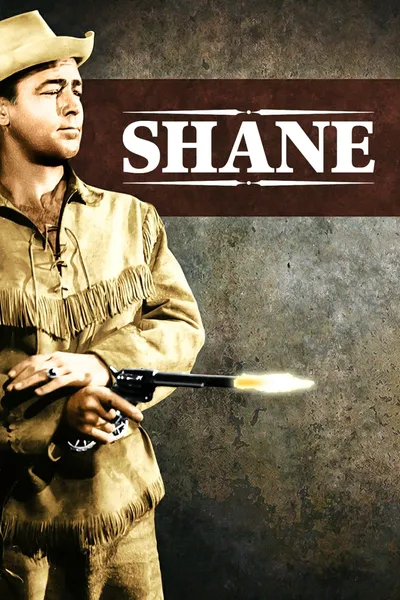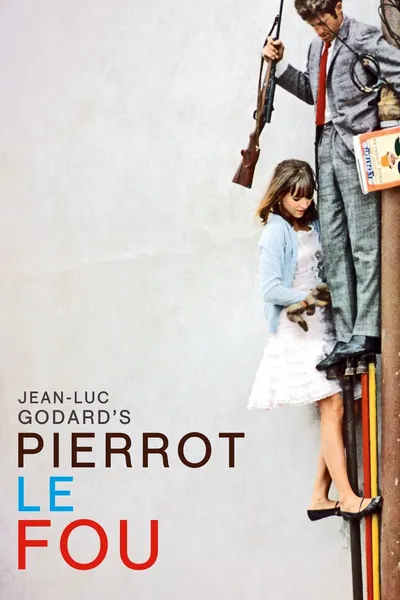Reviews
Steve
December 17, 20168.0
FILM NOIR OF THE WEEK
Robert Wise's Born to Kill has never been one of my favorite noirs. It regularly tops "best of" lists, and many film noir enthusiasts whom I respect love it, so I was hoping a fresh viewing would reveal something new to me.
Alas, for me it was still the same old flick. It's an enjoyable picture, but it's wildly melodramatic, there are subplots that never really go anywhere, and its over-the-top characters are mostly two-dimensional. The key to a great noir, like Billy Wilder's Double Indemnity (1944), is the sense that it could happen to you, or to someone you know. No matter how outlandish the schemes in a film are, if they're carried out by believable characters then I'm usually able to go along for the ride without asking too many questions.
Born to Kill tells the tale of a pair of sociopathic social climbers, the recently divorced Helen Brent (Claire Trevor) and the recently paroled Sam Wild (Lawrence Tierney). Their paths cross in Reno, the biggest little city in the world. Helen is there for a quickie divorce and Sam is there with his reedy little sidekick, Mart Waterman (Elisha Cook Jr.). Helen is staying at a boarding house run by the slovenly Mrs. Kraft (Esther Howard), who, when we first see her, is getting lit up on beer in the middle of the afternoon with the adenoidal tart Laury Palmer (Isabel Jewell).
After Laury goes on a date with dapper Danny Jaden (Tony Barrett) just to make the big lug she's dating jealous, she invites Danny inside for a nightcap. When Danny goes to the kitchen, he finds Laury's big lug waiting for him. It's Sam Wild, of course, and his brutal killing of both Danny and Laury is the film's high point. (Or the lurid low point, if you're a prissy scold.) The sound of crickets in the background, the neatly manicured suburban lawns surrounding Mrs. Kraft's boarding house, the dog barking in the background, and the uptempo swing music playing on the radio in the kitchen all lend a sense of immediacy and familiarity to the murder.
The rest of the film, however, just doesn't hang together for me. Sam's little buddy Mart tells him, "You can't just go around killing people whenever the notion strikes you. It just ain't feasible." I feel the same way about the plot of Born to Kill. It just ain't feasible.
After the murder, Sam blows town. He and Helen meet again on the train to San Francisco. When they disembark, Sam suggests splitting a cab, but Helen tells him she's going in a different direction. He responds, "That's where you're wrong. We're going in the same direction, you and I."
Sam insinuates himself into Helen's life. They are clearly drawn to each other, but she tells him that nothing in the world will stop her from marrying her fiancé, Fred Grover (Phillip Terry). So Sam moves in on her sister, wealthy heiress Georgia Staples (Audrey Long), or, to be more precise, her foster sister, as Helen bitterly reveals to Sam. Not only is Georgia a beautiful blonde, but — as Sam tells Mart — "Marrying into this crowd will make it so's I can spit in anyone's eye."
Meanwhile, back in Reno, Mrs. Kraft retains the services of a sleazy, corpulent private investigator named Matthew Albert Arnett (Walter Slezak). Mrs. Kraft is played by Esther Howard, and her bizarre, bug-eyed performance in this film is nearly identical to the "Filthy Flora" character she played in Dick Tracy vs. Cueball (1946).
Helen and Sam pursue their doomed, twisted love affair.
"Fred is peace and security," Helen moans.
"You, you're strength, excitement, and depravity. You've a kind of corruption inside of you, Sam."
Arnett sniffs around. Sam and Georgia quarrel after she refuses to let him run her family's business. Mart Waterman shows up in San Francisco and starts living with the unhappy foursome. (Is he Sam's partner or his secret lover? The film is never completely clear.) Slowly but surely, the plot threads of the film intertwine, culminating in an orgy of murder and betrayal.
This is the second or third time I've seen Born to Kill. While I've griped about the ridiculously melodramatic plot, maybe I just want it to be something it's not. I could certainly see myself watching it again in the future and loving its over-the-top characters, unrealistic scenarios, grotesque supporting players, and generally high level of camp.
I think my biggest problem with Born to Kill is the relationship between Sam and Helen. Claire Trevor is a wonderful performer, but I was never able to accept that she'd love Sam enough to give up everything for him. Helen's histrionics in her scenes in tastefully appointed drawing rooms with Fred, Georgia, and Sam seem more scripted than natural, and Claire Trevor's performance as Helen seems too intelligent and composed for the debased character she's playing.
But maybe that's the point. Lawrence Tierney is a powerful presence, but he isn't a particularly gifted actor, especially when either subtlety or range is called for. Not only does Sam Wild commit murder whenever the notion strikes him, he can bend others to his will, getting his friend Mart to kill for him and getting Helen to provide him with an alibi for murder at the drop of a hat. He's a brutal alpha male, and loving him may go against all reason and sense, but that never stopped anybody before.
Born to Kill is directed by Robert Wise with vigor. The cinematography, by Robert de Grasse, is great, especially in the nighttime exteriors. Paul Sawtell's music is exciting. I found the plot ridiculous, but that shouldn't stop any noir fans who haven't seen Born to Kill from seeking it out.
Written by Adam Lounsbery

John Chard
August 15, 20179.0
Turnip Man and Iceberg Woman.
Lady of Deceit (AKA: Born to Kill) is directed by Robert Wise and adapted to screenplay by Eve Greene and Richard Macaulay from the novel Deadlier than the Male written by James Gunn. It stars Claire Trevor, Lawrence Tierney, Walter Slezak, Elisha Cook Jr., Audrey Long, Isabel Jewell and Esther Howard. Music is by Paul Sawtell and cinematography by Robert De Grasse.
Trevor plays conniving divorcée Helen Brent, who risks her chances at the wealth and security she craves with the man she doesn't love by falling for hotheaded murderer Sam Wild (Tierney), who, with his own agenda, is soon to marry her foster sister.
I wouldn't trade places with you if they sliced me into little pieces.
Hard-bitten noir of some substance that pits two of noir's most unlikable characters against each other. Tierney's psychotic machismo and Trevor's calculating sex-bomb go head to head in a deliriously distorted romance that will only go one way once their inner pursuit of glory comes to the fore.
And he who falls beneath her spell has need of God's mercy.
The plot is a bit hard to take, but when in noirville it sometimes helps to stop off for a bite to eat at the fantastique café. It's a grim tale of pathological persons and it's superbly directed by Wise in what was his first foray into straight edged film noir. Slezak adds some seedy quality as a bible quoting P.I., Cook Junior does what he does best and Jewell inputs the naive sexy glamour.
Voluptuous violence and mad love in the shadows. Hooray! 8/10
Recommendation Movies
Gun Crazy1950
The Postman Always Rings Twice1946
The Secret Life of Walter Mitty1947
Nightmare Alley1947
Total Eclipse1995
House of Strangers1949
Dinner at Eight1933
Inside Out1975
Bodyguard1948
Investigation of a Citizen Above Suspicion1970
Rambo III1988
Oppenheimer2023
Once Upon a Time... in Hollywood2019
Black Narcissus1947
Titanic1997
Shane1953
Contempt1963
Shutter Island2010
American Beauty1999
Pierrot le Fou1965
© 2025 MoovieTime. All rights reserved.Made with Nuxt
